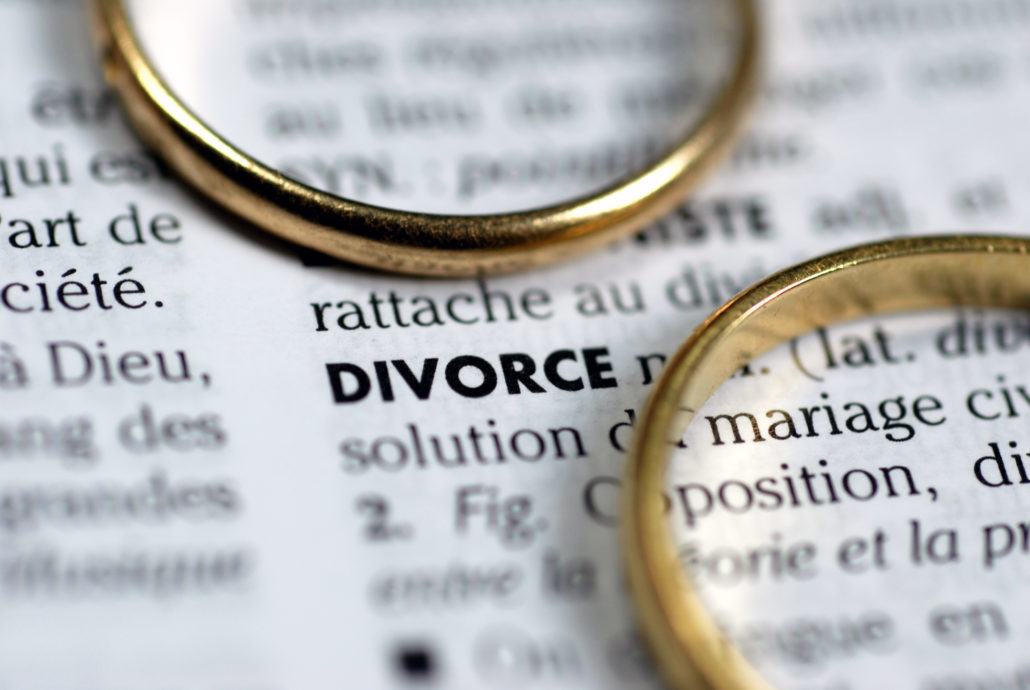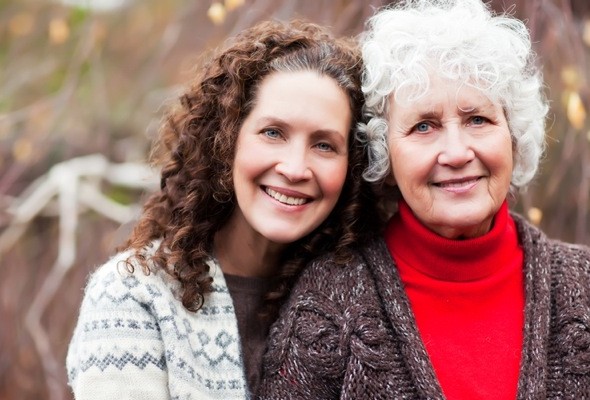Unless there is a prenuptial agreement stating your husband or wife gets nothing when you pass away, if you are married when you die your spouse often has several rights to your estate. Some states, such as New York, entitle your spouse to at least 1/3 of your gross estate even if you leave them nothing, and if you own property with them jointly they get all of that property when you die. And even worse, if you don’t do any estate planning your spouse may be the sole beneficiary of your estate. So if your marriage is failing I suggest that you fire the first shot at your partner and disinherit them before you file for divorce. For people



















